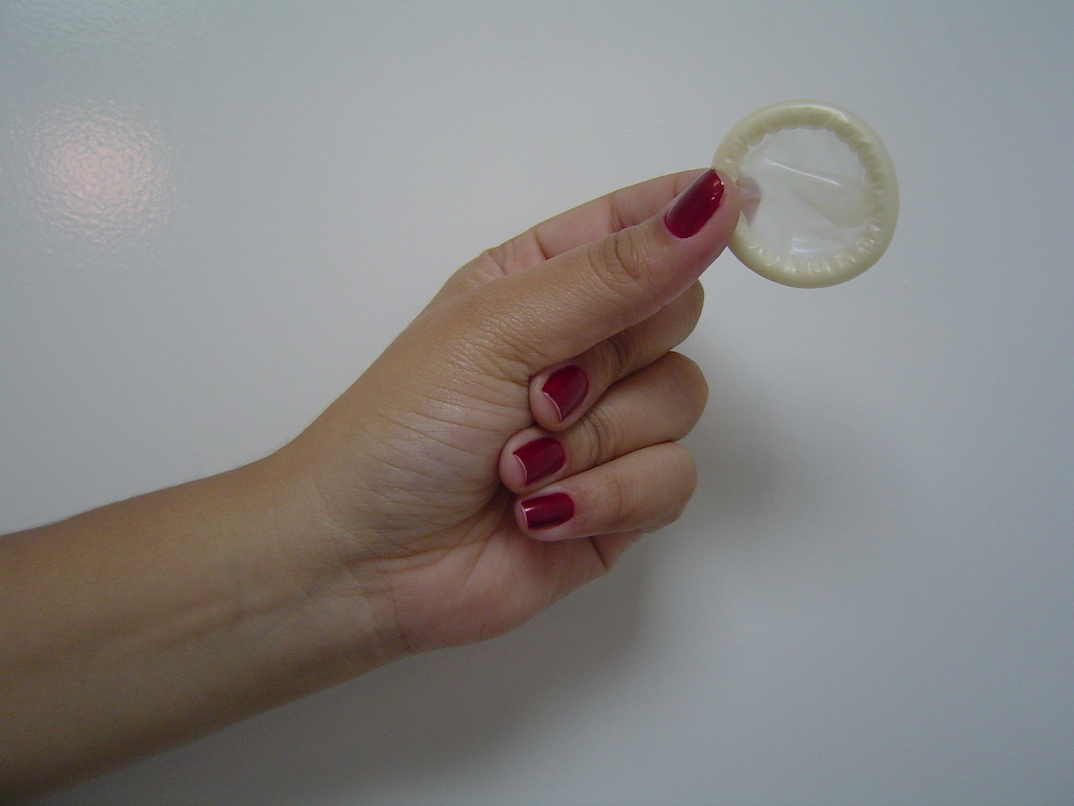As Hiba embarked on her new fellowship in Rwanda, she was faced with a task that she never would have expected: selling condoms. Her work there was not as simple as just selling them, it was overcoming the stigma that comes with buying and selling condoms to people with religious beliefs in order to make progress in preventing sexually transmitted infections, unwanted pregnancies, and HIV.
Of all the things I thought I would be doing in Rwanda, selling condoms was not one. Through my work with Population Services International (PSI), I’ve been engaged at the forefront of condom marketing and sales across the country.
 As one of its major initiatives, PSI works to fill a crucial gap in the Rwandan market, by selling and promoting condoms as a method for preventing sexually transmitted infections, unwanted pregnancies, and HIV. Before PSI launched its programs in Rwanda, Rwandans had three options to acquire condoms: receiving them for free at public clinics, paying for expensive foreign brands, or purchasing low-cost condoms smuggled in from neighboring countries. Through careful market analysis, PSI concluded that free condoms are neither valued nor utilized, while the alternative quality brands were prohibitively expensive or illegal. As a result, condom use in Rwanda was low at best.
As one of its major initiatives, PSI works to fill a crucial gap in the Rwandan market, by selling and promoting condoms as a method for preventing sexually transmitted infections, unwanted pregnancies, and HIV. Before PSI launched its programs in Rwanda, Rwandans had three options to acquire condoms: receiving them for free at public clinics, paying for expensive foreign brands, or purchasing low-cost condoms smuggled in from neighboring countries. Through careful market analysis, PSI concluded that free condoms are neither valued nor utilized, while the alternative quality brands were prohibitively expensive or illegal. As a result, condom use in Rwanda was low at best.
In response, PSI introduced two locally branded condoms, Prudence and Plaisir, to address the specific needs of Rwandans. Prudence is primarily targeted towards young unmarried men of lower economic status living in rural areas who engage in low-risk sex, typically with a regular partner. Plaisir primarily targets older married men of higher economic status living in urban areas and exhibiting high-risk sexual behaviors with multiple concurrent partners.
Building on the notion that consumers give higher value to a product they purchase versus a product they receive for free, PSI doesn’t just hand out these condoms on the street. Instead, we advertise and help subsidize the cost of these condoms, so they are affordable but still valued by our target populations.
Our condoms can be found in all five regions in Rwanda and are so well integrated into the market that in Rwanda, the common word for “condom” has now actually become “Prudence”. For example, a Rwandan might ask a shopkeeper for a “Plaisir Prudence” if they were trying to buy a Plaisir condom.
We still face a number of challenges when selling our condoms to shop owners and consumers. Many of the shop owners I visited have expressed strong religious views that prohibit them from selling condoms. In the words of a shopkeeper, “I am a Christian and I have been saved. These condoms are associated with infidelity and prostitution and I cannot sell them at my shop.” Our sales representatives usually counter this sort of statement by pointing out the liquor bottles sold at the shop and by reminding the shop owners of the importance of keeping their customers healthy so they continue to make purchases at their shops.
Condom associated stigma can also be a barrier for consumers. Many are ashamed to buy condoms due to stigma and close ties within the community that make it difficult to purchase condoms without drawing attention from neighbors and relatives. PSI installed condom vending machines to address this issue and offer a more private method for purchasing condoms.
As I’ve begun to dig deeper into the HIV situation in Rwanda these past three months, it became quite apparent to me that although PSI’s condom strategy is having a positive effect, our marketing approach is still missing some of the most at-risk populations. HIV prevalence in Rwanda is 3 percent – fairly low compared to most other African countries – yet HIV prevalence is as much as five-times higher among women than it is among men, and more than 50 percent of female sex workers are HIV positive. Over the next two months, I will be working to help PSI update its condom marketing strategy to target these most at-risk populations and expand the impact of our work.




